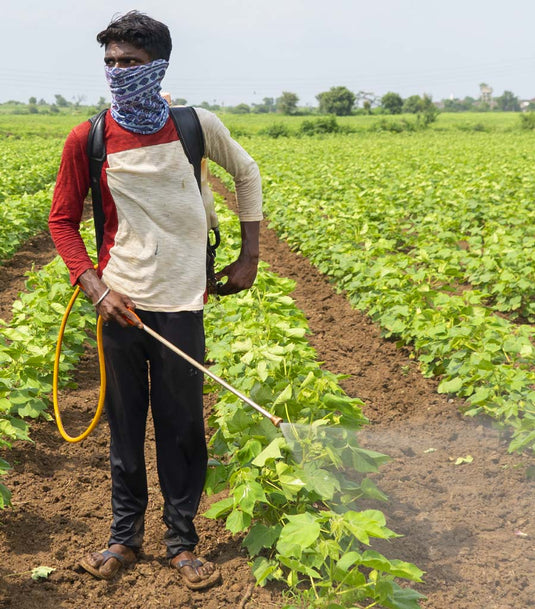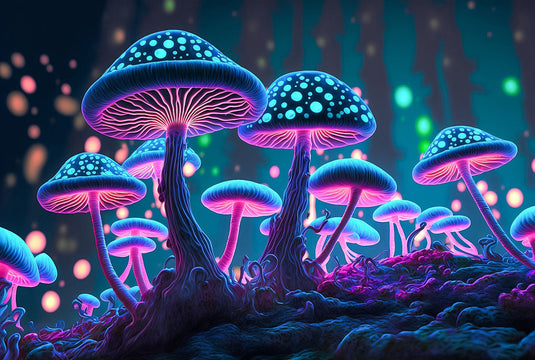Two things happened to me yesterday. My daughter gave birth to the most beautiful baby girl, and I went to see Professor Dave Goulson give a talk on pesticides and their effects on wild bee populations.
The two events are connected. The truth about the state of nature is deeply painful to hear. The world that my new grand-daughter is likely to have to live in will be very different from the one we do, or rather the one we used to.
We humans are simply wiping out life on earth. The population of farmland birds and wild animals of all kinds has declined by half in the past few decades and the holocaust continues. We are living through what is known as the sixth great extinction – the only one not caused by unavoidable climatic events, for this is an extinction of our own making.
The decline of wild bees, other pollinators and insects is even more severe than the general destruction of animals. Some species have been wiped out entirely. There are a number of factors involved, including modern farming’s transition to vast monoculture flatlands with no ecological diversity, but the use of pesticides is probably the main culprit.
Dave Goulson’s own research found that a single crop of oilseed rape (canola) grown in the area where I live in East Sussex, was treated with 22 different pesticides, fungicides and insecticides in a single growing season. These interact with each other, becoming synergistically more harmful (note they are only tested individually for safety). They not only poison insects (and the birds that feed on them) within the field, but the majority (up to 95%) spreads into surrounding hedgerow plants and water courses – decimating insects and aquatic creatures.
There is compelling evidence that this reckless use of life-destroying chemicals serves little purpose. Dave Goulson offered evidence that pesticides are generally ineffective in increasing crop yields. Given that we waste a third of all food grown, organic agriculture could easily feed the world, while sequestering vast amounts of carbon at the same time.
Every single species found on earth is a miracle of evolutionary development and thus unique and beautiful. The wiping out of even one is a crime and a tragedy. Yet when it comes to pollinating insects, the results hit very close to home, since we would lose one third of all our food crops if wild bees continue on the path to extinction.
It’s hard not to despair, but for the sake of present and future generations we must transition from despair to =anger, and anger to action. So here are some actions we can take:
- Buy organically grown food whenever possible.
- If we have gardens – whether we grow flowering plants or food – we should avoid all use of pesticides and herbicides and encourage our neighbours to do the same. Honey bees, for example, fly three miles to collect nectar and pollen.
- Non-organic seeds may be pre-treated with bee-killing neonicotinoids so buy from organic seed companies.
- Plants bought from garden centres may have been grown with (and still contain) a wide range of destructive pesticides. Grow everything from seed or from cuttings if possible. When visiting garden centres, demand to know whether they use pesticides and make a point of refusing to buy them if they do. Look out for seed and plant swapping groups instead.
- Campaign to make your village, town or city pesticide free. If you are in the UK join the Pesticide Action Network.
- Support political parties that campaign for the environment, and if your party doesn’t, don’t let them off the hook. In the current UK election campaign, environmental issues (the greatest threat we face) are barely mentioned apart from by the tiny Green Party.
Yesterday’s talk was filmed and will soon be added to our Brighton Natural Health Centre’s YouTube channel which already features a number of really great talks.





